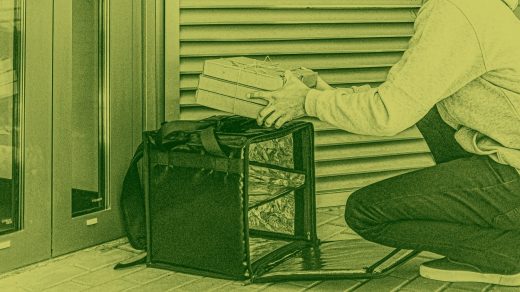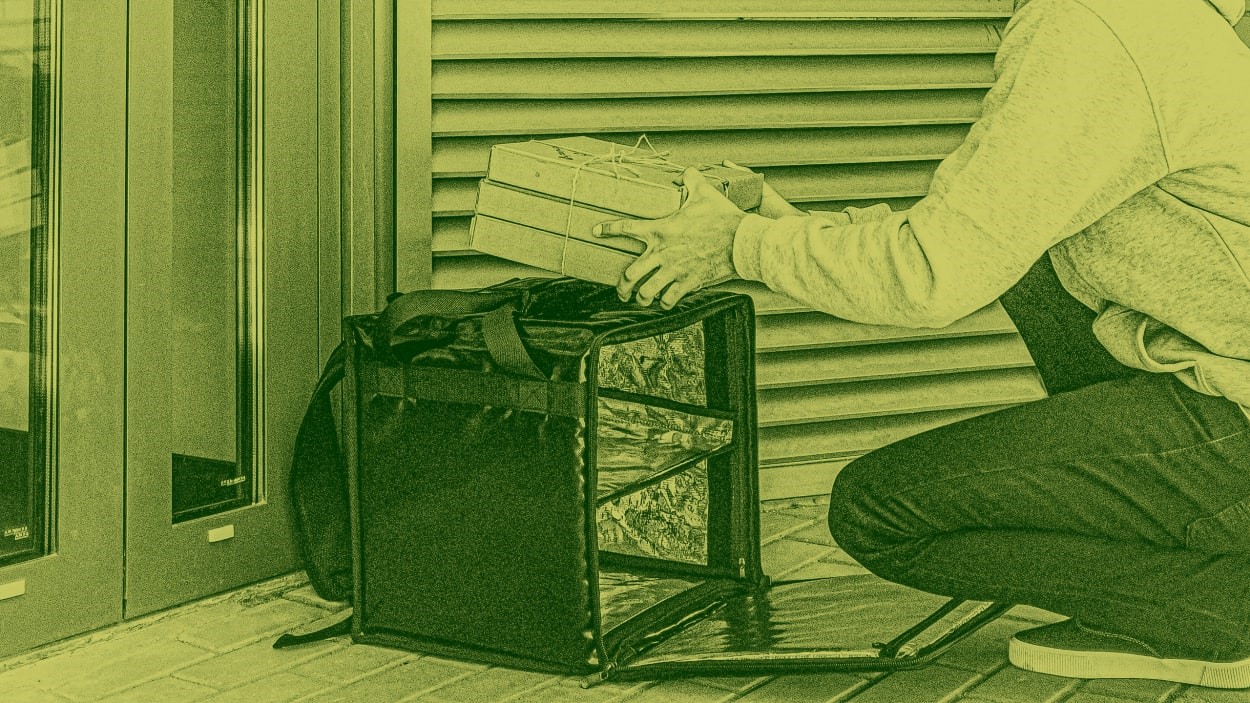Seattle is at the forefront of gig worker protections
Seattle’s City Council passed a novel bill last month making it harder for app-based companies to suddenly kick workers off their platforms. The new law, which is expected to be signed by Mayor Bruce Harrell, is set to go into effect January 2025.
It’s the first city to create legislation around what’s long been a pain point for gig workers: Gig companies’ ability to remove workers from their platforms for issues such as violence or discrimination. But workers have also struggled with what they believe are unfair account deactivations. Some say the deactivations come without reason and are nearly impossible to fight, often leading to lost income.
For workers who rely on these platforms for income, a sudden deactivation can be detrimental. “It can be a very serious problem for workers and leave them scrambling,” says Erin Hatton, a sociology professor at University at Buffalo who focuses on labor policy. The bill achieves something else, too: It strengthens Seattle’s position as a vanguard of progressive gig worker protection laws.
“Washington in general and Seattle in particular have really been at the forefront,” says Elizabeth Ford, an assistant professor at Seattle University School of Law who focuses on workers’ rights.
“A healthy workforce leads to a healthy community”
The new law, titled the App-Based Worker Deactivation Rights Ordinance, has been months in the making. It follows a long path from Seattle, and Washington State broadly, when it comes to protecting gig workers.
Historically, gig companies have been operating in essentially the Wild West after creating this massive model of relying on independent workers to provide services to millions of customers. In recent years, some workers’ rights organizations and lawmakers have been fighting to classify workers as employees rather than independent contractors. But they’ve been met with deep resistance from these gig companies themselves, which insist that changing classifications will be disastrous and something that the bulk of workers don’t want. Look at California, where the gig platforms bankrolled a $200-million-plus campaign to keep gig workers independent under Proposition 22. Legislators have since been working on piecemeal approaches over gig worker protections.
This is where Seattle comes in—rather than trying to reclassify gig workers, they’re adding the kinds of protections that are awarded to traditional employees. “Seattle started legislating a whole new set of minimum protections for these workers . . . whether or not they’re independent contractors,” says Ford.
Seattle’s mayor earlier this year signed a first-of-its-kind law into effect that entitles most gig workers in the area to paid sick leave. Under the law, workers accrue one day of sick time per every 30 days they make a work-related stop in Seattle. Workers are paid their average daily compensation for every calendar day they worked in the city over the past 12 months.
“A healthy workforce leads to a healthy community, and no one should have to choose between taking a sick day to care for themselves—or their families—and making rent,” Harrell said at the time.
It’s a novel approach compared to how legislators have been typically operating.
“Reliability for thousands of workers“
This latest bill doesn’t need to cover rideshare drivers since Washington State already has a number of protections in place for workers in that sector. The new Seattle legislation, however, extends those protections to other sectors and makes it harder for workers to be booted from app-based delivery and services platforms, like Instacart and Taskrabbit. Not taking enough orders, for example, isn’t considered a good enough reason for dismissal. Companies must also give a two-week termination notice, and include both an explanation for their reasoning and evidence justifying the deactivation.
“This reliability for thousands of workers will help prevent homelessness, fight displacement, and allow families to meet their basic needs,” Councilmember Lisa Herbold, who sponsored the bill, said in a statement.
One gig worker, speaking during the public comment period ahead of the City Council’s vote, said he was deactivated by Grubhub earlier in the summer due to a “‘material breach of obligations’ without specifying what these obligations are,” and is moving into his car. “Seattle continues to set the bar for the rest of the country with the gig worker industry,” the person added.
To be sure, the bill attracted a number of parties in opposition. Representatives for DoorDash and Instacart both commented during public remarks on their separate concerns over how the bill will impact customer and merchant safety.
“While we acknowledge the work that has gone into this ordinance, the current language does not address necessary circumstances where we have to deactivate bad actors quickly,” Tiffani Alvidrez, Instacart’s government affairs manager, said during the meeting. The 14-day notice, she said, is a “recklessly long notice period. No other industry has 14-day notice requirements and for good reason.”
The Public Safety and Human Services Committee added a number of amendments to the bill before it was voted out of the committee, Herbold said, in order to placate industry concerns. One amendment allows for immediate deactivations over threatening or abusive behavior. Another allows for the companies to anonymize information that could compromise a customer’s or third party’s safety.
(17)



